Introduction to Fashion Conglomerates
The global fashion industry is dominated by a select group of powerful fashion conglomerates that manage a diverse portfolio of iconic brands, spanning everything from luxury fashion to casualwear and fast fashion. A conglomerate refers to a large corporation that owns a group of smaller companies, often across various industries, but in the case of fashion conglomerates, they focus primarily on brands within the fashion, apparel, and luxury goods sectors. These conglomerates control numerous high-profile labels, leveraging their vast resources to drive innovation, expand global footprints, and create influence across multiple segments of the fashion world.
In this blog, we delve into the top ten fashion conglomerates, analyzing their business models, the brands they own, and the strategies that have propelled them to the top of the fashion hierarchy. From LVMH’s luxury dominance to Inditex’s fast-fashion revolution, each of these conglomerates has left an indelible mark on the industry, shaping trends, driving consumer demand, and setting new standards for innovation and sustainability.
1. LVMH (Moët Hennessy Louis Vuitton)
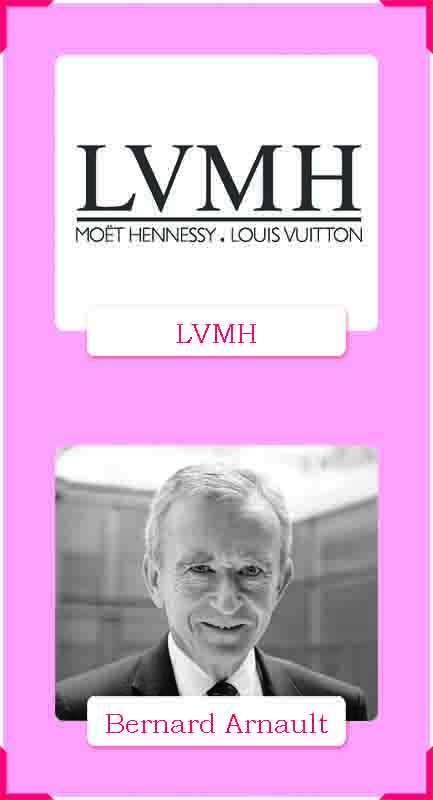
- Overview: French luxury conglomerate founded in 1987.
- Founder: Bernard Arnault.
- Key Brands: Louis Vuitton, Christian Dior, Fendi, Givenchy, Bulgari.
- Business Segments: Fashion, leather goods, watches, perfumes, cosmetics.
- Global Presence: Over 70 countries.
- Revenue: Approx. €79 billion (2022).
- Ownership: Public; Bernard Arnault holds majority shares.
- Market Position: World’s largest luxury goods company.
- Innovations: Sustainability initiatives, LVMH Innovation Award.
- Collaborations: Virgil Abloh, Supreme, Rimowa.
- Leadership: Bernard Arnault (CEO).
- Sustainability: LVMH LIFE Program for sustainable growth.
- Recent Developments: Acquired Tiffany & Co. in 2021.
- Competitors: Kering, Richemont.
2. Kering
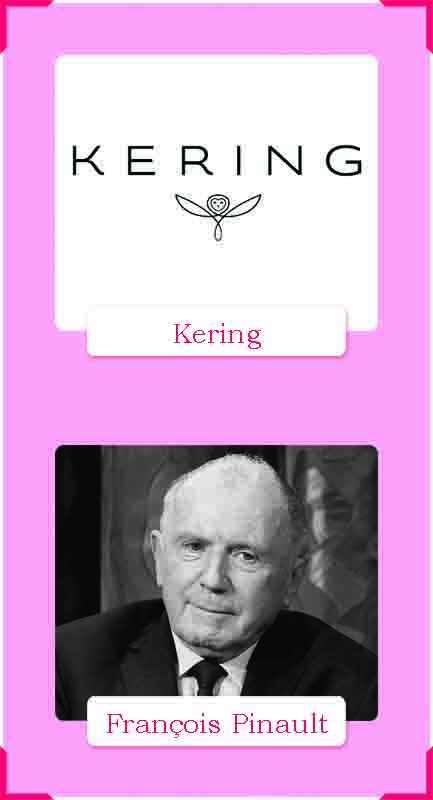
- Overview: French luxury group established in 1963.
- ounder: François Pinault.
- Key Brands: Gucci, Saint Laurent, Balenciaga, Bottega Veneta, Alexander McQueen.
- Business Segments: Fashion, accessories, luxury goods.
- Global Presence: Present in over 50 countries.
- Revenue: Approx. €20 billion (2022).
- Ownership: Public; Pinault family holds a controlling interest.
- Market Position: Leading luxury goods player.
- Innovations: Sustainability leadership with Kering’s EP&L (Environmental Profit & Loss).
- Collaborations: Artists like Demna Gvasalia, Alessandro Michele.
- Leadership: François-Henri Pinault (CEO).
- Sustainability: Aggressive carbon footprint reduction plan.
- Recent Developments: Focus on growing Balenciaga and Bottega Veneta.
- Competitors: LVMH, Richemont.
3. Richemont
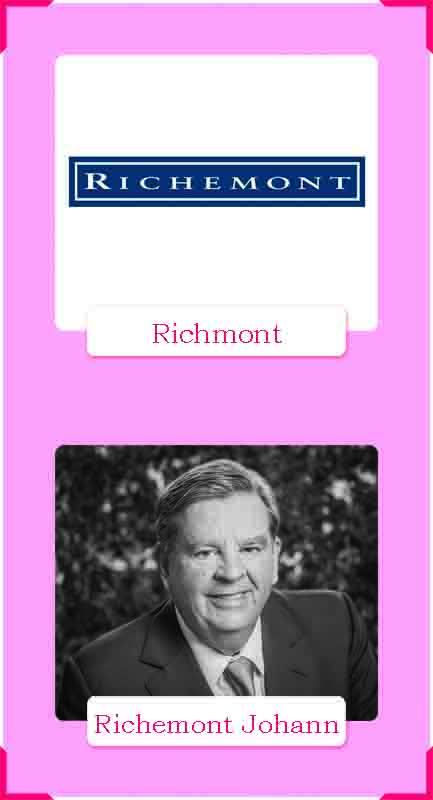
- Overview: Swiss-based luxury goods company founded in 1988.
- Founder: Johann Rupert.
- Key Brands: Cartier, Montblanc, Van Cleef & Arpels, Chloé, IWC.
- Business Segments: Jewelry, watches, accessories.
- Global Presence: Operates in over 30 countries.
- Revenue: Approx. €19 billion (2022).
- Ownership: Public; controlled by Rupert family.
- Market Position: Key player in jewelry and watches.
- Innovations: High-end watchmaking and jewelry expertise.
- Collaborations: Limited edition collections with top designers.
- Leadership: Johann Rupert (Chairman).
- Sustainability: Net-zero carbon emissions target by 2025.
- Recent Developments: Focus on expanding e-commerce channels.
- Competitors: LVMH, Kering, Swatch Group.
4. Chanel
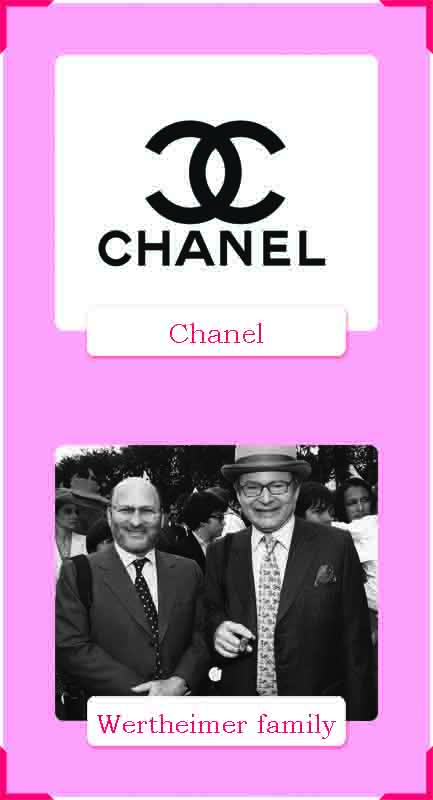
- Overview: French luxury fashion house founded in 1910.
- Founders: Gabrielle “Coco” Chanel.
- Key Brands: Chanel (ready-to-wear, haute couture, fragrance, beauty).
- Business Segments: Fashion, beauty, fragrance, watches.
- Global Presence: Over 190 boutiques worldwide.
- Revenue: Approx. €15 billion (2022).
- Ownership: Private; owned by the Wertheimer family.
- Market Position: Iconic luxury brand.
- Innovations: Signature fragrances, trend-setting fashion collections.
- Collaborations: Artists like Karl Lagerfeld, Virginie Viard.
- Leadership: Alain and Gérard Wertheimer (Co-owners).
- Sustainability: Focus on responsible sourcing of materials.
- Recent Developments: Increased focus on beauty and skincare.
- Competitors: LVMH, Kering.
5. PVH Corp.
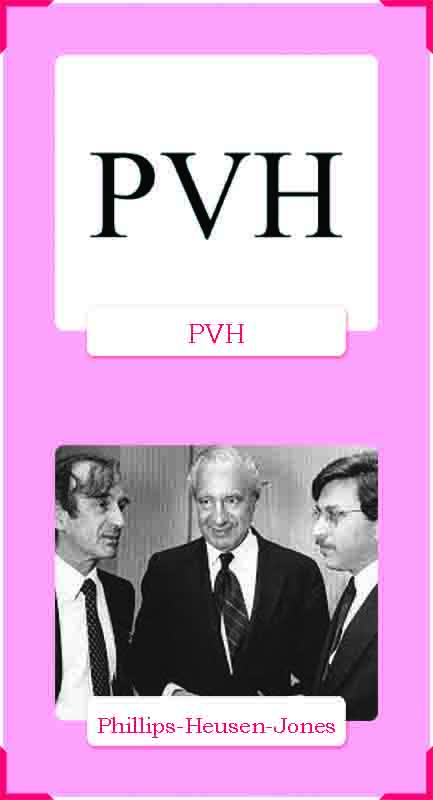
- Overview: American apparel company founded in 1881.
- Founder: Moses Phillips, John Van Heusen, Dramin Jones.
- Key Brands: Calvin Klein, Tommy Hilfiger.
- Business Segments: Apparel, accessories, footwear.
- Global Presence: Over 40 countries.
- Revenue: Approx. $9 billion (2022).
- Ownership: Public.
- Market Position: Major player in mid-market fashion.
- Innovations: Digital-first strategy, sustainable manufacturing.
- Collaborations: Designers like Raf Simons, Gigi Hadid.
- Leadership: Stefan Larsson (CEO).
- Sustainability: Focus on water conservation and carbon reduction.
- Recent Developments: Expansion of digital and direct-to-consumer sales.
- Competitors: VF Corporation, Levi Strauss.
6. Inditex
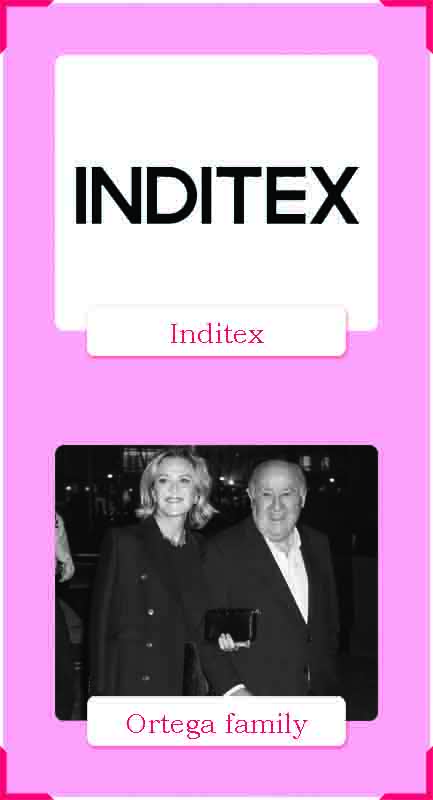
- Overview: Spanish multinational fashion group founded in 1985.
- Founder: Amancio Ortega.
- Key Brands: Zara, Massimo Dutti, Pull&Bear, Bershka.
- Business Segments: Fast fashion, apparel, accessories.
- Global Presence: Operates in over 90 countries.
- Revenue: Approx. €32 billion (2022).
- Ownership: Public; Ortega family holds a significant stake.
- Market Position: World’s largest fashion retailer.
- Innovations: Pioneering fast fashion business model.
- Collaborations: Occasional capsule collections.
- Leadership: Óscar García Maceiras (CEO).
- Sustainability: Eco-efficient stores and reduced water usage in production.
- Recent Developments: Digital expansion and sustainability-focused efforts.
- Competitors: H&M, Fast Retailing (Uniqlo).
7. H&M Group
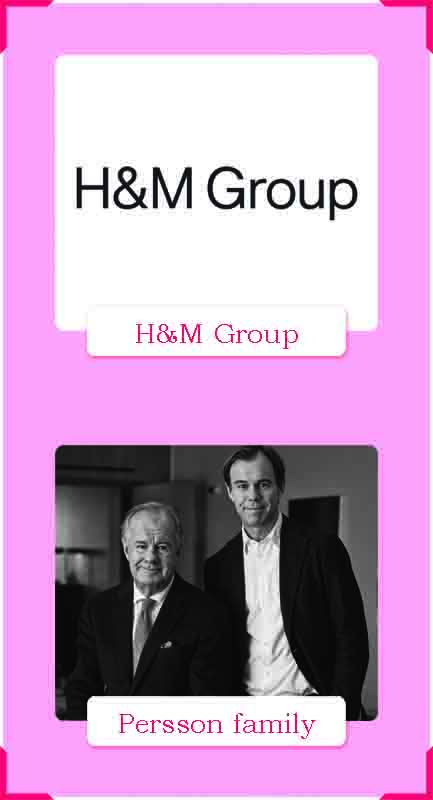
- Overview: Swedish multinational fashion company founded in 1947.
- Founder: Erling Persson.
- Key Brands: H&M, COS, Monki, Weekday, & Other Stories.
- Business Segments: Fast fashion, apparel, accessories.
- Global Presence: Operates in 74 countries.
- Revenue: Approx. €20 billion (2022).
- Ownership: Public; Persson family holds a significant stake.
- Market Position: Leading fast fashion retailer.
- Innovations: Sustainable collections and circular fashion initiatives.
- Collaborations: Designers like Karl Lagerfeld, Versace, and Balmain.
- Leadership: Helena Helmersson (CEO).
- Sustainability: Circular fashion program and recycling initiatives.
- Recent Developments: Expanding digital platforms and e-commerce.
- Competitors: Inditex, Fast Retailing (Uniqlo).
8. Fast Retailing (Uniqlo)
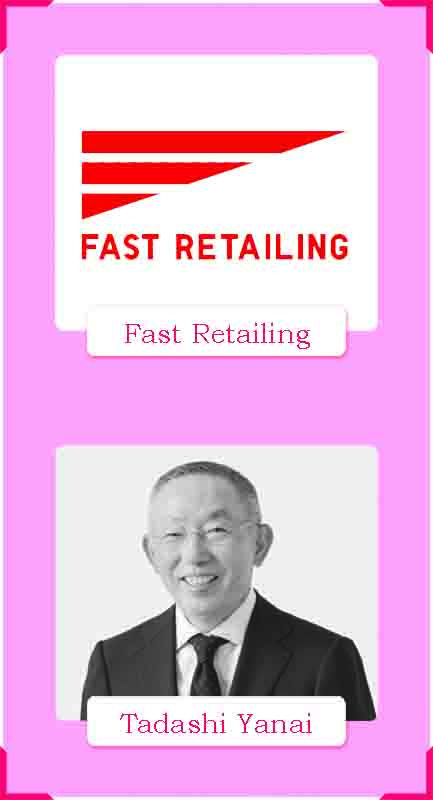
- Overview: Japanese fashion retailer founded in 1984.
- Founder: Tadashi Yanai.
- Key Brands: Uniqlo, GU.
- Business Segments: Casualwear, apparel, accessories.
- Global Presence: Over 25 countries.
- Revenue: Approx. ¥2.3 trillion (2022).
- Ownership: Public; Tadashi Yanai holds a controlling interest.
- Market Position: Leading casualwear retailer.
- Innovations: Advanced fabric technology, including HEATTECH.
- Collaborations: Designers like Jil Sander, JW Anderson.
- Leadership: Tadashi Yanai (CEO).
- Sustainability: Focus on sustainable materials and ethical production.
- Recent Developments: Expansion into global markets like North America.
- Competitors: Inditex, H&M.
9. VF Corporation
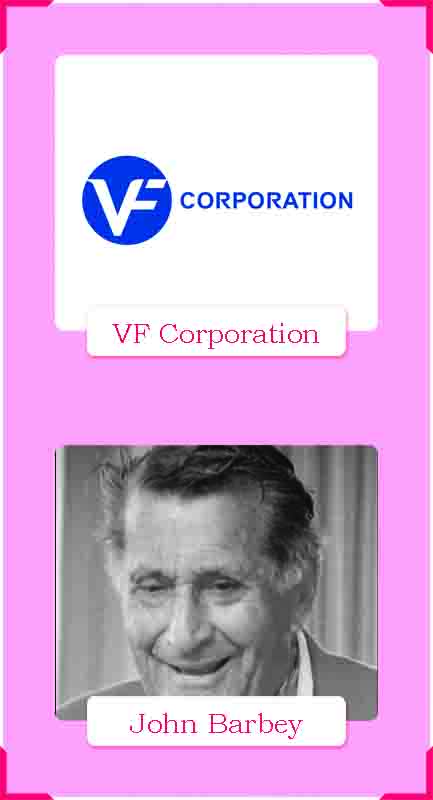
- Overview: American apparel and footwear company founded in 1899.
- Founder: John Barbey.
- Key Brands: The North Face, Vans, Timberland, Dickies.
- Business Segments: Apparel, footwear, accessories.
- Global Presence: Operates in over 50 countries.
- Revenue: Approx. $11 billion (2022).
- Ownership: Public.
- Market Position: Leader in outdoor and performance apparel.
- Innovations: Sustainable outdoor gear.
- Collaborations: Artists and sports icons in footwear.
- Leadership: Benno Dorer (Interim CEO).
- Sustainability: Commitment to climate-neutral goals by 2030.
- Recent Developments: Spin-off of the jeans business (Kontoor Brands).
- Competitors: Patagonia, Columbia Sportswear.
10. Prada Group
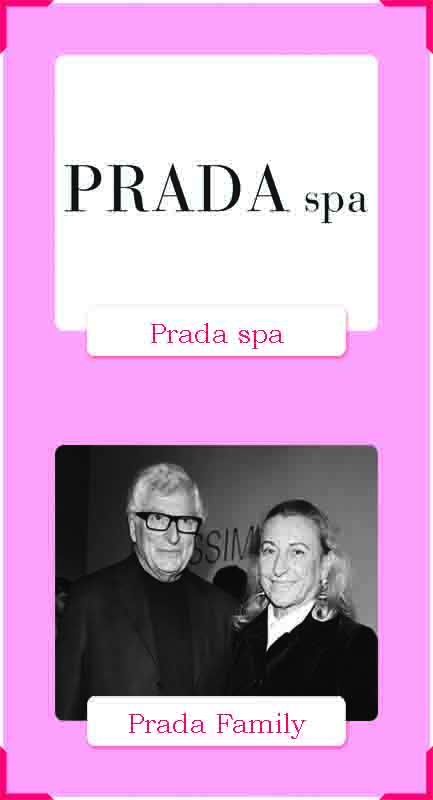
- Overview: Italian luxury fashion house founded in 1913.
- Founders: Mario and Martino Prada.
- Key Brands: Prada, Miu Miu, Church’s.
- Business Segments: Fashion, leather goods, footwear.
- Global Presence: Over 70 countries.
- Revenue: Approx. €4 billion (2022).
- Ownership: Public; Prada family holds majority shares.
- Market Position: Iconic luxury fashion brand.
- Innovations: Technical fabric advancements (e.g., nylon).
- Collaborations: Raf Simons, Adidas.
- Leadership: Patr
Conclusion
The fashion conglomerates featured in this blog represent the pinnacle of influence and success within the global fashion industry. Whether they are leading the charge in sustainable practices, pioneering digital innovations, or continuing to create timeless and trendsetting designs, these conglomerates have cemented their roles as industry leaders. Their ability to balance heritage with modernity, manage diverse brands, and adapt to changing consumer preferences is a testament to their strength and foresight.
In a world where fashion is as much about business as it is about creativity, these fashion conglomerates will continue to drive the industry’s evolution. As consumer expectations shift towards more sustainable, inclusive, and digital-first experiences, these fashion giants are poised to shape the future of global style, ensuring their legacy in the world of fashion for years to come. Do let me know if I have missed any imporant information on these fashion conglomerates and you would like me to address.


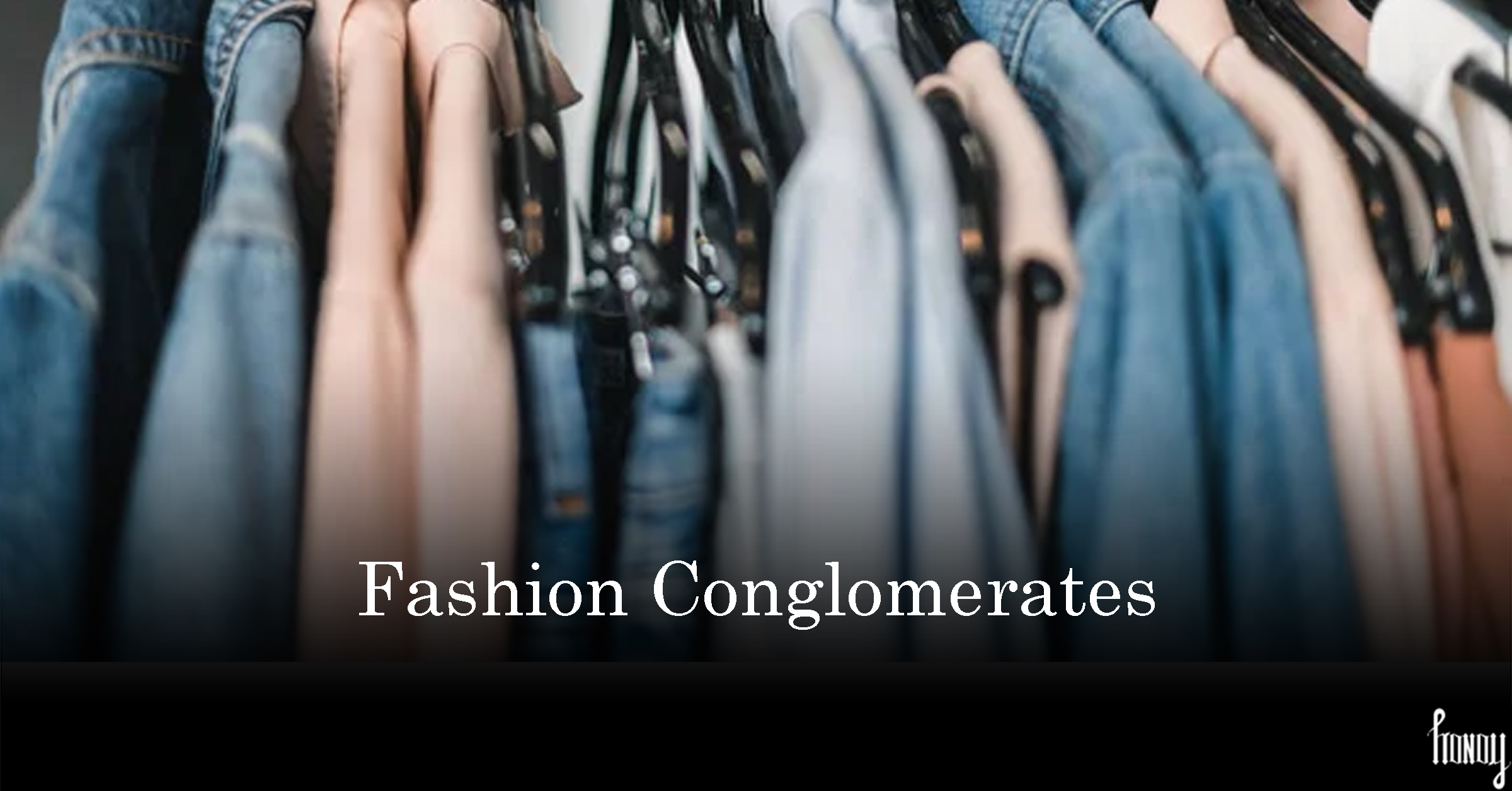
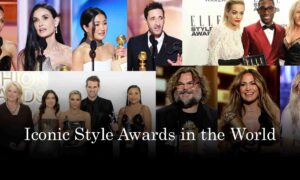

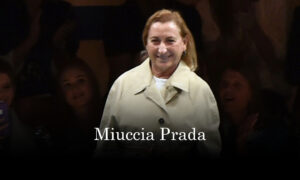





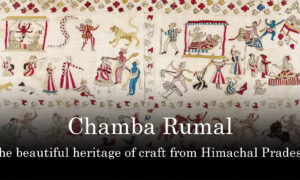







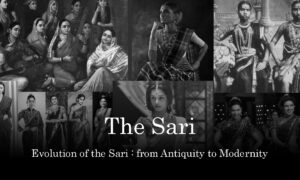









esprunki
February 21, 2025 at 5:26 pm
Your words flow like a perfect melody! Speaking of flow, ESprunki lets you create music that moves the soul.
Marshall1545
April 25, 2025 at 12:10 pm
Awesome writing
Felix4338
April 25, 2025 at 5:45 pm
Awesome
Ignacio3216
April 26, 2025 at 1:23 am
Very good
Lynn111
April 29, 2025 at 8:36 pm
Awesome
Sydney2661
May 1, 2025 at 11:06 am
Awesome
MCP AI
May 11, 2025 at 12:51 am
Great breakdown! It’s fascinating how MCP AI enhances AI integration and security. For deeper insights, check out.